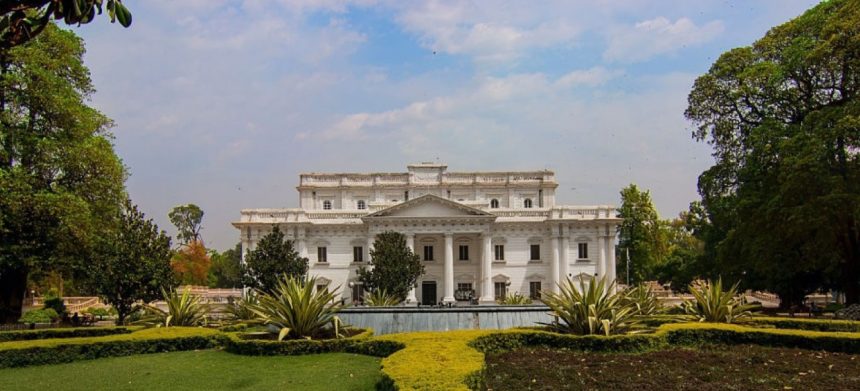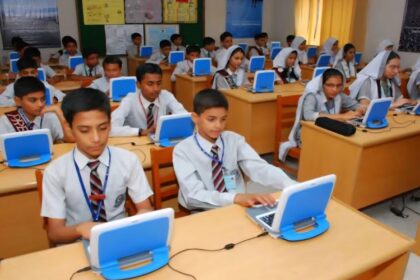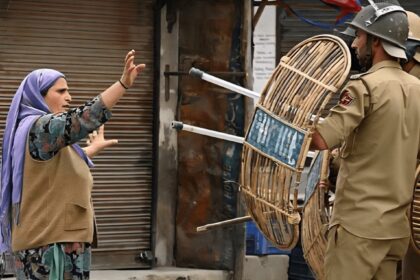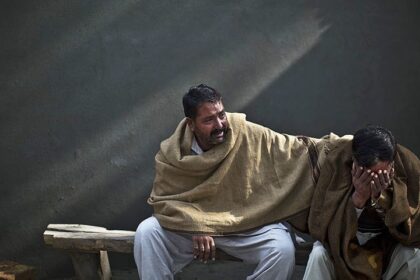I have written extensively about various topics related to Pakistan, including its history, current affairs, and relations with other countries. However, in this piece, I will focus on an issue that many people overlook or fail to give much attention to. The lack of a reading culture in Pakistan is a significant issue. Many may believe that Pakistan is primarily grappling with religious extremism, terrorism, political instability, and inflation, making the problem of reading seem trivial in comparison. However, I assure you, it is not.
In Sociology, I have read that there are several social factors that have a significant effect on an individual’s life, such as family, culture, education, social class, etc. Family is the most important factor in any individual’s life and decides the social behavior of any individual. Reading is a habit developed during a child’s formative years through their family. However, in Pakistan, many families do not prioritize instilling this habit in their children, either by choice or due to various constraints. If children are encouraged to read at an early age and discuss what they have read with their parents, this instills a reading habit and stimulates their curiosity to explore more books.
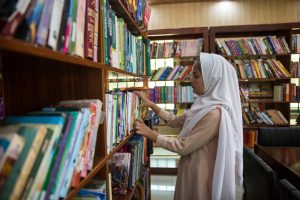
The state of education in Pakistan is quite unfortunate, as most schools, colleges, and universities fail to foster a reading environment. They primarily emphasize rote learning and adherence to syllabus textbooks. I have often observed that schools emphasize the importance of reading by sharing quotes like “readers are leaders.” However, this approach has little impact because the structure of Pakistan’s education system leaves little room for students to read beyond their prescribed syllabus. While universities occasionally encourage students to read more, it’s important to recognize that reading cannot be forced; it must stem from genuine interest. Even if professors require students to read additional books as part of their courses, many students may not pay attention. Instead, a large number of them either write summaries of the books using AI or copy from their peers. The prevalence of AI and the culture of short Instagram reels also hinder the reading culture, as students’ attention spans are often reduced to just two to five minutes. It’s crucial for students to find a balance between technology and their lives to foster a love for reading.
When I talk with my friends who live abroad, many of them describe the culture of book streets and cafés where they sit, read, engage in meaningful discussions, and enjoy their coffee. This has made me wonder about the significant role that book streets play in fostering citizens’ reading habits. Being in such an environment nurtures certain traits in individuals. I have never seen an initiative like this in Pakistan. I recently had the privilege of reading an article by Faisal Bari, in which he suggested that if we can have a food street, then why not establish a book street in Lahore?
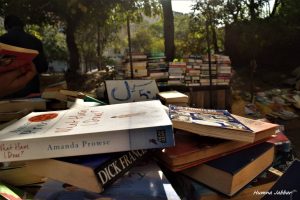
Although Lahore still has some remnants of its reading culture from the past, modern times have shifted the landscape. Every Sunday, numerous book vendors gather to sell books near the Pak Tea House on Mall Road. I have visited this place multiple times, and to my amazement, there is a wide variety of books available, ranging from classical literature and memoirs to history and self-help, among many other genres.
The government should take this issue seriously, which is often considered trivial. I believe that reading is interconnected with many of the challenges we face today. Reading enhances our understanding of different cultures and religions, which can be instrumental in combating extremism and fundamentalism. Reading fosters tolerance among individuals, and this is strongly needed in an intolerant society like Pakistan. Children who engage in meaningless activities may struggle to develop responsibility and maturity. However, if they are involved in reading, they can grow into more responsible adults and mature citizens. I believe that reading fiction can help children escape their frustrations and broaden their horizons. It can also serve as a therapeutic tool; bibliotherapy is popular in many countries around the world. From my personal experience, reading a good book can provide a valuable push or motivation when one is feeling stuck.

This may be a global issue, but we need to get our own house in order. With AI, Netflix, and Instagram, it can be challenging to find time to read. However, it’s important to achieve a healthy balance. Digital reading can be a useful tool for improving reading skills, but I personally don’t prefer it. My friends often say that I’m an old soul in a young body; I would much rather enjoy a physical book accompanied by a cup of karak chai in a quiet place.






